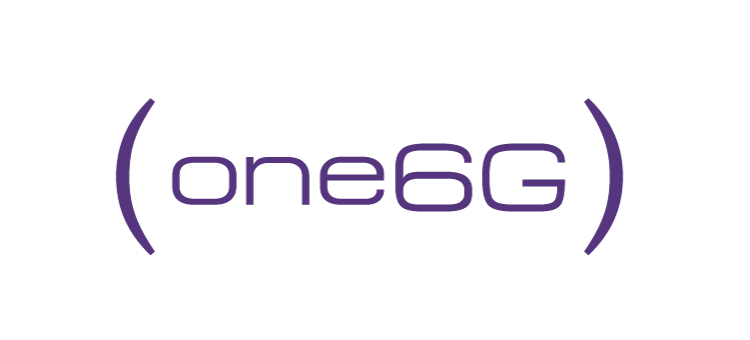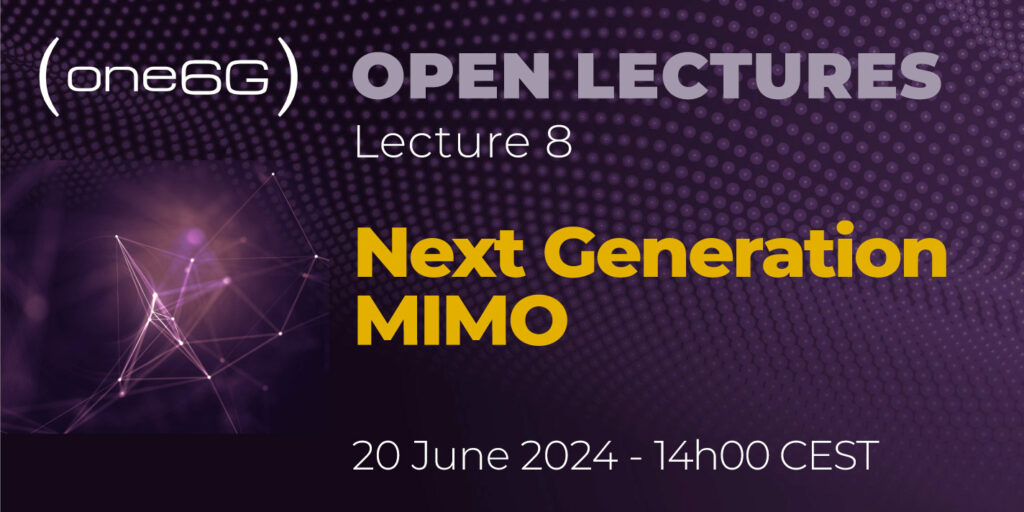Open Lecture 8 – Next Generation MIMO
Following the success of the previous lectures, the Association is happy to confirm that Open Lecture 8 will take place on June 20, 2024, at 14h00 CEST, covering the subject of Next Generation MIMO.
In the development of mobile radio systems, there is a trend moving away from traditional cellular architectures towards distributed massive MIMO networks, also known as cell-free massive MIMO. By eliminating handover and cell-edge interference, cell-free massive MIMO enables network densification far beyond today’s capabilities. In addition, such distributed systems operate in the radiating near-field which provides better spatial diversity and enables beam focusing of the transmitted power to a specific point in space (“beam focusing”). This is complemented by reconfigurable and adaptive structures, e.g., Reconfigurable Intelligent Surfaces (RIS), which offer unprecedented flexibility to adapt to changing environmental conditions and user requirements. With all these advantages, next-generation MIMO systems can deliver superior capacity and quality of service.
The one6G Open Lecture 8 will feature three top-class speakers who will present and discuss important results, new possibilities, and open questions regarding the standardization and commercialization of this new technology.
Join us on June 20, 2024 at 2 p.m. CEST to learn more!
AGENDA
14:00 Welcome & opening

Martin Schubert – Moderator
Huawei Technologies
14:05 Fairness scheduling and fronthaul optimization in cell-free user-centric scalable mMIMO networks
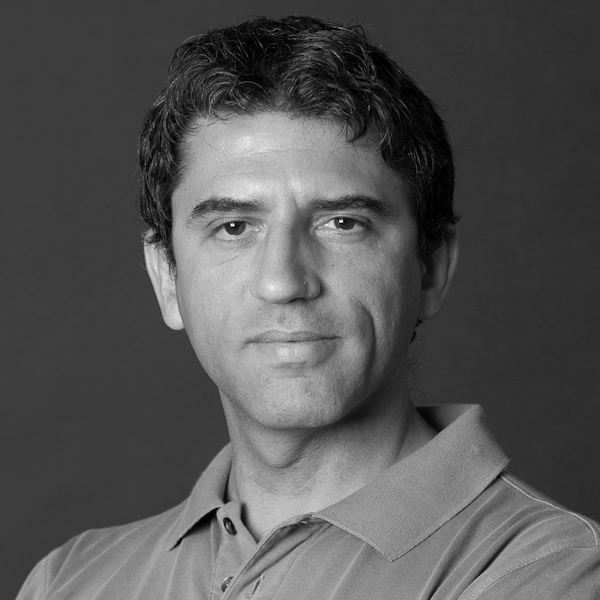
Giuseppe Caire
Technical University Berlin
14:30 Spatial multiplexing in the radiative near-field
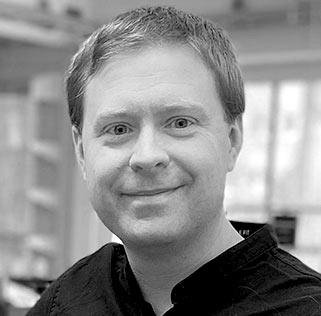
Emil Björnson
KTH Royal Institute of Technology
14:55 Advancements in fluid antenna systems for MIMO communication: A path to enhanced wireless connectivity
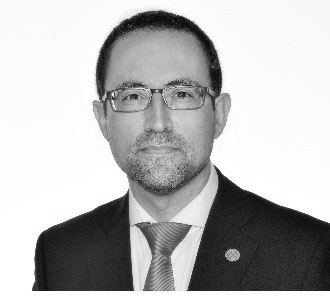
José Francisco Monserrat del Río
Technical University of Valencia
15:20 one6G work item on next generation MIMO: Multiuser strategies for user-centric cell free MIMO

Martin Schubert
Huawei Technologies
15:45 Q&A session and closing remarks
